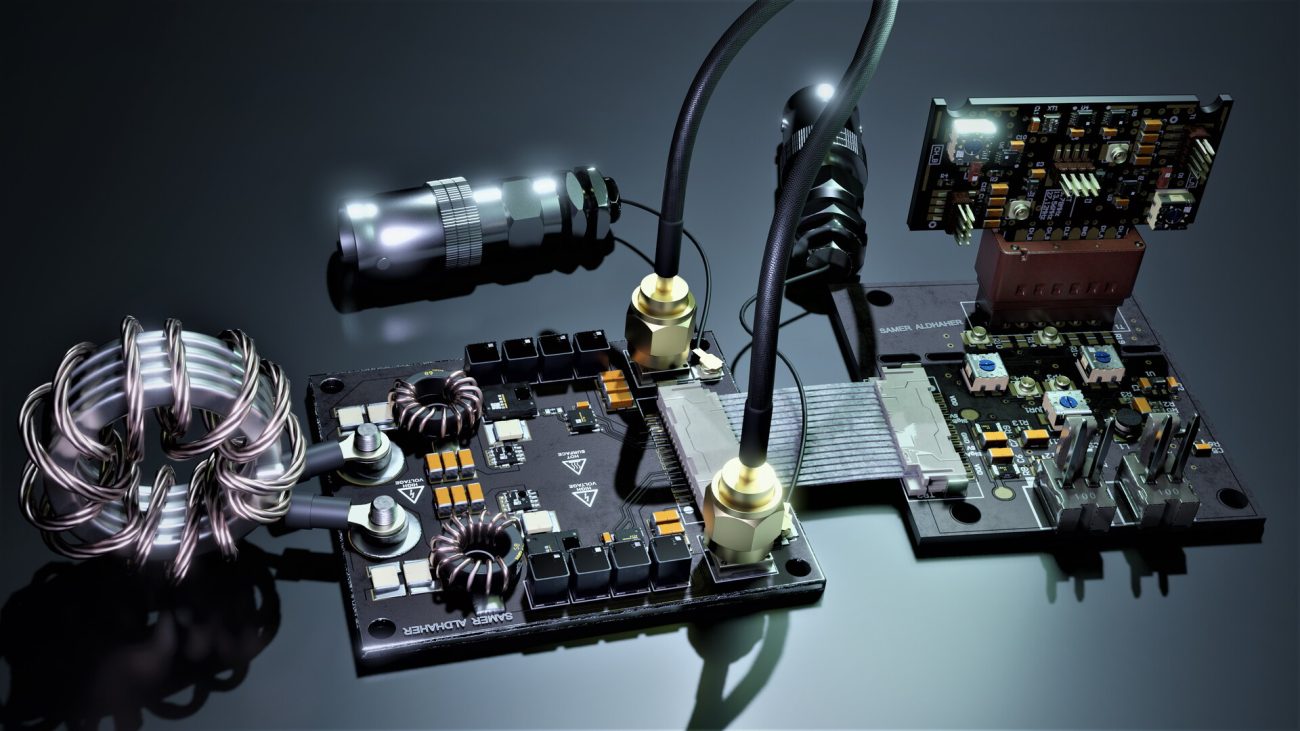DEPARTMENT OF ELECTRICAL ENGINEERING TECHNOLOGY
About Department
Department of Electrical Engineering and Technology at University of Technology (UoT) Nowshera was established in 2016. The Program is accredited by the National Technology Council (NTC) and our graduates have been issued with licenses from NTC. Currently, our graduates are working in reputed pubic and private sector national/international organizations. We pride ourselves on our highly qualified and skilled faculty, who are deeply committed to nurturing and enlightening the minds of our students. Our faculty members are not just educators; they are mentors and guides, dedicated to imparting knowledge and fostering critical thinking skills. Our students are facilitated with the latest course contents and state-of-the-art equipment so that they can efficiently compete in the upcoming modern technologies era.

Program Description
Department of Electrical Engineering and Technology at University of Technology, Nowshera is currently offering Bachelors of Electrical Engineering and Technology program. The program is designed such that our students can easily fulfill the needs of our national industries in the future. The course for Electrical Engineering and Technology program is designed in such a way that our students are groomed with the latest practical and technical skills. The students of Electrical Engineering and Technology department are trained over the state of the art lab equipment so that they can get hands on experience on the modern tools. This will enable them to master the modern power generation, measurements, designing of modern layouts and methods for new concepts in the Electrical field. The Department aims to start Master and PhD degree program in near future.
Mission
“To excel as a seat of learning that provides quality Electrical engineering technology education and practical training essential for undertaking professional challenges, enhancing teamwork and communication skills that contribute towards socially acceptable solutions through continuous life-long learning processes.”
Program Educational Objectives (PEO’s)
The program education objectives are to produce engineering technologists who will:
- PEO1: Have the knowledge and practical skills required by the industry.
- PEO2: Engage in continuous pursuit of knowledge and technical expertise for sustainable practices.
- PEO3: Contribute towards socio-economic development by adhering to professional obligations and ethical standards.
- PEO 4: Collaborate in a team through effective communication and interpersonal skills.
Program Learning Outcomes
2. Problem Analysis (SA2): An ability to Identify, formulate, research literature and analyze broadly-defined Engineering Technology problems reaching substantiated conclusions using analytical tools appropriate to the discipline or area of specialization.
3. Design/Development of Solutions (SA3): An ability to design solutions for broadly- defined Engineering Technology problems and contribute to the design of systems, components or processes to meet specified needs with appropriate consideration for public health and safety, cultural, societal, and environmental considerations.
4. Investigation (SA4): An ability to conduct investigations of broadly-defined problems; locate, search and select relevant data from codes, data bases and literature, design and conduct experiments to provide valid conclusions.
5. Modern Tool Usage (SA5): An ability to Select and apply appropriate techniques, resources, and modern technology and IT tools, including prediction and modelling, to broadly-defined Engineering Technology problems, with an understanding of the limitations.
7. Environment and Sustainability (SA7): An ability to understand and evaluate the sustainability and impact of Engineering Technology work in the solution of broadly defined Engineering Technology problems in societal and environmental contexts.
8. Ethics (SA8): Understand and commit to professional ethics and responsibilities and norms of Engineering Technology practice
9. Individual and Team Work (SA9): An ability to Function effectively as an individual, and as a member or leader in diverse teams.
10. Communication (SA10): An ability to communicate effectively on broadly defined Engineering Technology activities with the Engineering Technologist community and with society at large, by being able to comprehend and write effective reports and design documentation, make effective presentations, and give and receive clear instructions.
11. Project Management (SA11): An ability to demonstrate knowledge and understanding of Engineering Technology management principles and apply these to one’s own work, as a member or leader in a team and to manage projects in multidisciplinary environments.
12. Lifelong Learning (SA12): An ability to recognize the need for, and have the ability to engage in independent and life-long learning in specialist Engineering Technologies.

